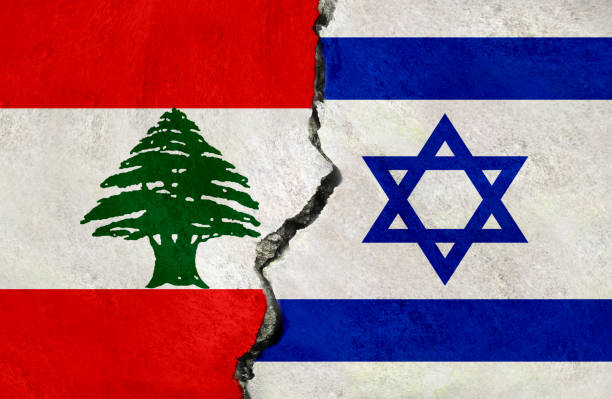Israel Warns: Hezbollah Will Be Eliminated if It Intervenes
On June 20, 2025, Israeli Defense Minister Israel Katz delivered a forceful warning to Hezbollah, stating that any involvement by the Lebanese militant group in the ongoing Iran-Israel tensions would trigger total destruction in Lebanon. His statement followed a provocative declaration by Hezbollah leadership, which vowed to support Iran against what it called “Israeli-American aggression.”
The escalating rhetoric has intensified concerns along the Israel-Lebanon border, where tensions have remained fragile since the October 2024 ceasefire. In recent months, Israeli military operations in southern Lebanon have stirred renewed friction, with both sides conducting limited cross-border skirmishes and surveillance maneuvers.
Katz’s remarks made clear that Israel views any Hezbollah intervention in the Iran conflict as a red line. “We will not hesitate to deliver a decisive blow,” he said, adding that Israel’s response would extend beyond designated war zones to eliminate any external threats. The defense minister stressed that Israel's national security doctrine includes preemptive and retaliatory measures to neutralize regional actors seeking to exploit current hostilities.
International observers are now voicing growing fears that Hezbollah's entry into the fray could trigger a wider regional war, drawing in other actors such as Syria, Iraq-based militias, and possibly U.S. forces stationed in the Gulf. Analysts warn that even a limited Hezbollah incursion could escalate quickly due to the group's expansive missile arsenal and deep ties with Iran's Islamic Revolutionary Guard Corps (IRGC).
Hezbollah’s statement of solidarity with Iran comes at a delicate time, as diplomatic channels remain open between the United States, European Union, and Iran to prevent full-scale confrontation. The militant group’s involvement could derail fragile mediation efforts and spark multi-front conflict across the Middle East, including potential strikes on Israeli urban centers and energy infrastructure.
Israel, meanwhile, continues to emphasize its strategic readiness to operate on multiple fronts, reaffirming deterrence in a region already on edge. Katz’s threat of “total destruction” serves as both a warning to Hezbollah and a message to global stakeholders: any expansion of the Iran-Israel conflict will be met with overwhelming force.
As the situation unfolds, the possibility of broader regional instability looms large, making Hezbollah’s next move a critical factor in shaping the Middle East’s security landscape.








